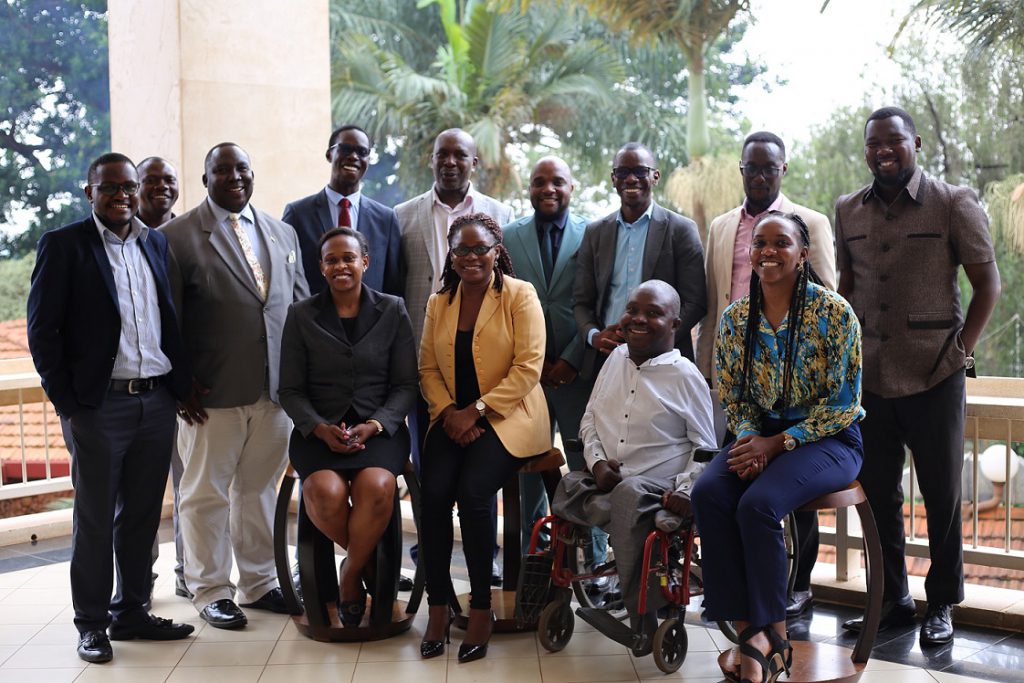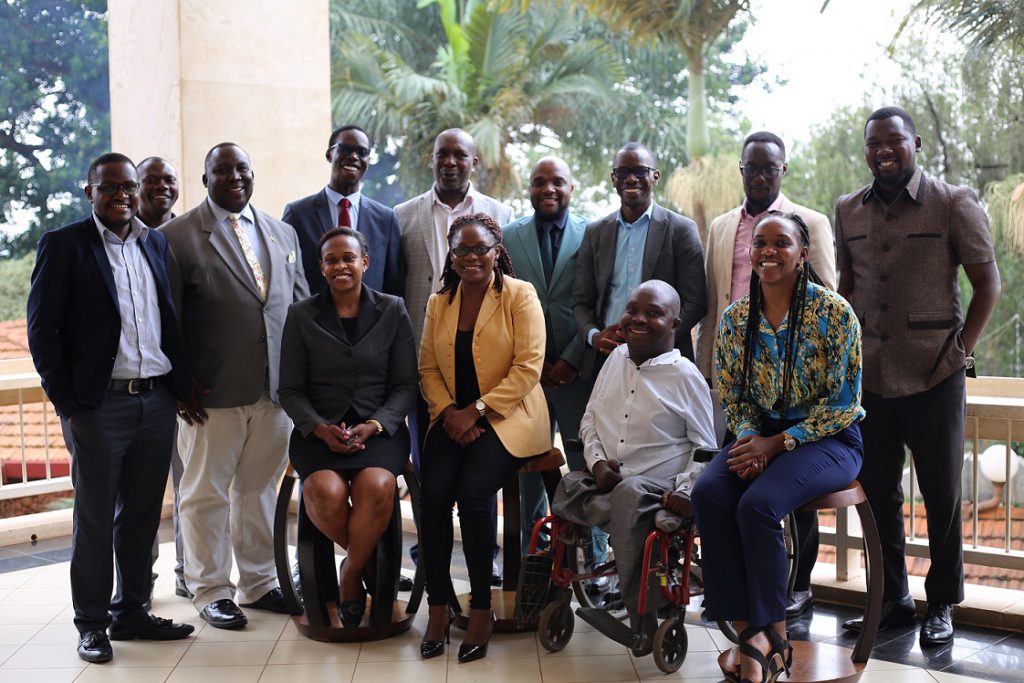Last year, Startup Uganda (represented by Keneth Twesigye of TechBuzz Hub) in association with Ministry of Trade (MTIC), Technical Working Group with
Last year, Startup Uganda (represented by Keneth Twesigye of TechBuzz Hub) in association with Ministry of Trade (MTIC), Technical Working Group with private sector representation; PSFU, Innovation Village and Africa Innovation Institute to assess need to startup policies
As the process went on to take shape, we got to learn of a relative process from the legislators. with the National Parliamentary youth forum chaired by Hon. Okot Boniface (Northern Youth MP) with his core team including Hon. Phiona Nyamutooro (National Female youth MP), who is on course to move the private members bill on Startup Policy, on a breakfast meeting to review their process of the bill and the draft too
Whereas having two different processes on going spontaneously demonstrate some light at the end of the tunnel, we are confident that at least the one that follows the ministry’s process has a minimum expectation of one of the following; a startup act, startup policy, strategy or the code of conduct. The different processes have had some bit of support from civil society and development partner organizations like Westminster Foundation for Democracy and Private Sector Foundation with support from Mastercard Foundation

Here is the subject matter context?
Under the Ministry of Trade, Industry and Cooperatives, the Government of Uganda is exploring the potential of startups and innovations to spur economic growth and development in the country.
From a High Level Policy Dialogue on the “Relevance of a Startup Policy in Uganda” hosted by Private Sector Foundation Uganda (PSFU) on May 30th, 2021 at Sheraton Kampala Hotel; the Ministry of Trade Industry and Co-operatives (MTIC) was requested to develop a National Startup Policy by the host on behalf of other stakeholders in the ecosystem. As a result, the MTIC constituted a multisectoral Technical Working Group (TWG) to spearhead the development of interventions geared towards addressing the challenges which inhibit the establishment, sustained performance and growth of startups in Uganda. The TWG comprises of technical members of MTIC, PSFU, Startup Uganda and The Innovation Village. These entities will carry on activities as guided for this policy reform process. The Nominations were formalized on May 10th, 2022 by the MTIC PS. Again, “The minimum expectations are a law, a policy, a strategy or a code for Startups.”
Activities undertaken by the Ministry TWG:
- Development of the Terms of Reference of the TWG.
- Development of the TORs for the Regulatory Impact Assessment consultant were by TWG.
- Internal capacity building to appreciate the subject matter of Startups. This resulted to; visiting incubation and innovation hubs like; The Innovation Village, MoTIV, Design Hub, Hive Colab, Women in Technology Uganda, MCI and having some adhoc context analysis from experts of technology from I4policy.
- On boarding the RIA Consultant through PSFU.
- Conducting the National Stakeholder Consultative Meeting on the Startup ecosystem including government agencies, civil society, development partners and a select of startups
- A capacity building retreat of Cabinet Secretariat on the Startup Ecosystem to exposing them to the Startup ecosystem through visiting Startup Hubs.
- Undertaking a National Startups consultative meeting across different regions
Why take such a long and tedious process?
As opposed to private members bill that is prepared through a parliamentarian’s internal process and later directly to the floor of parliament, the government process differs very much. The government’s framework requires a process that involves a Regulatory Impact Assessment Report development process which provide evidence on the right interventions to address the existing challenges inhibiting growth of the startups in Uganda.
And as a way of facilitating public policy dialogue, consulting the parties that are directly affected by the absence of certain interventions is mandatory. The Startup entrepreneurs and innovators, especially young people in different sectors of the economy were consulted about the challenges which inhibit their innovations and the possible actions which Government can take to address these challenges through Regional Consultative meetings.
From the consultations, the intended objectives and outputs were; finding out the challenges in habiting startup so that a position paper can be develop detailing the required startup business environment to support innovations and ultimately get the Regulatory Impact Assessment Report that include the kind of policy interventions needed for this specific subsector of the economy to develop
What Next?
The process is still on going, however, we are in the final stages of the Regulatory Impact Assessment report approval processes from the consultant. We hope that in the next few weeks or months, the report shall be then presented to the cabinet secretariat that would then advise on next steps from the proposals.

COMMENTS
I see all the people